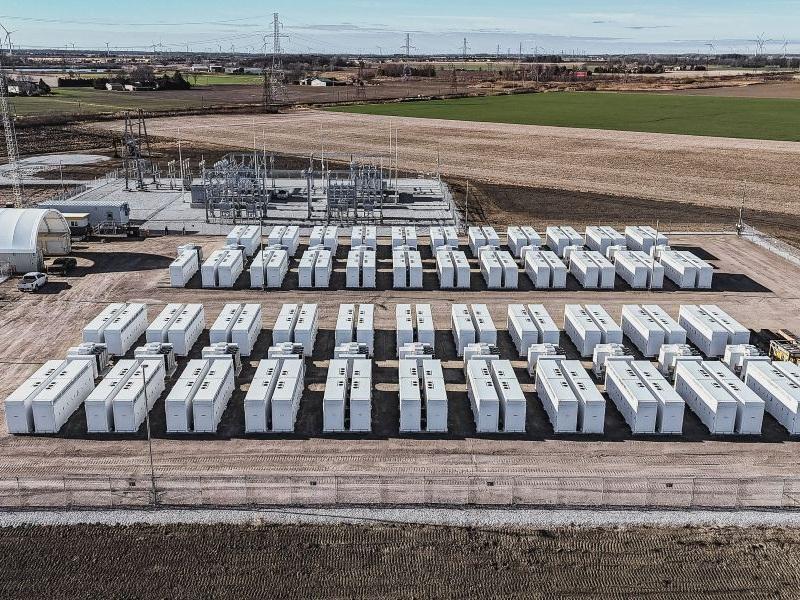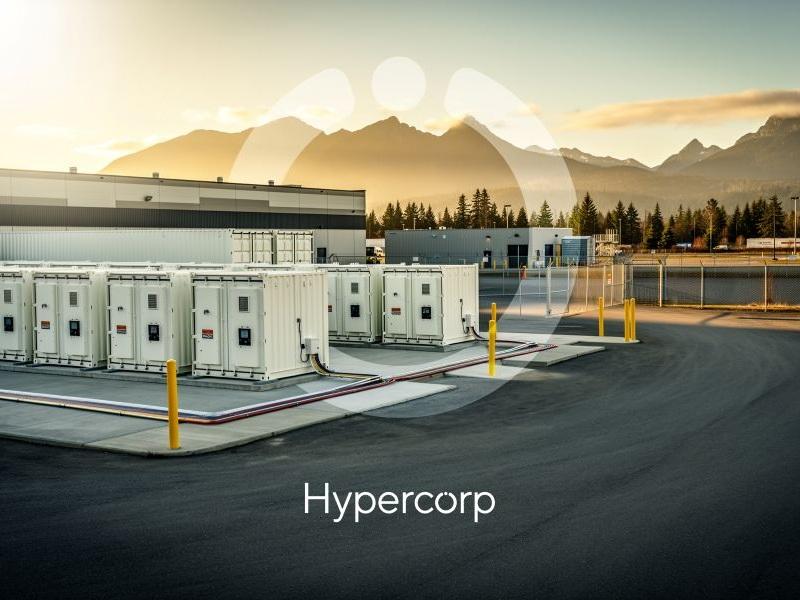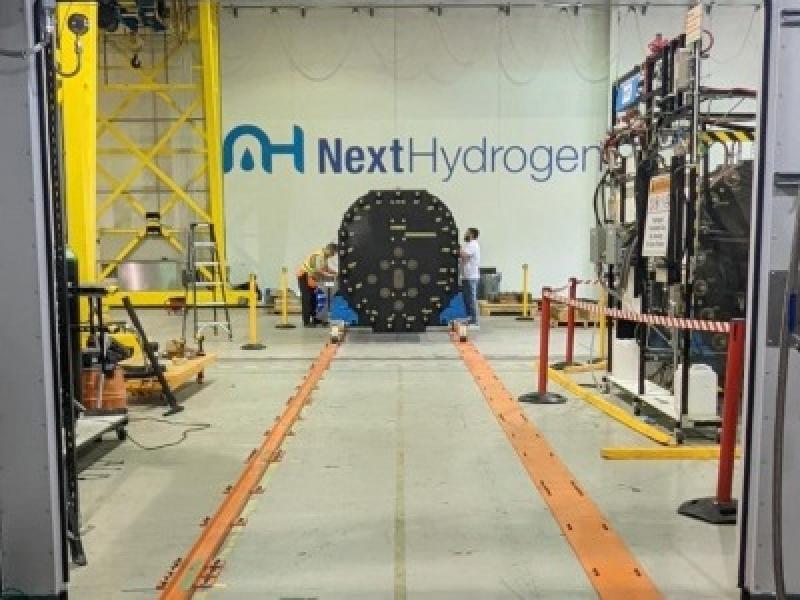
Over half of workers in the Canadian transportation and logistics (T&L) sector would leave their employer if it does not do enough to protect the environment, a survey by Mississauga-based mobility software company SOTI Inc. has found.
In The Road Ahead: Driving Digital Transformation in T&L, SOTI asked 200 Canadians (and 1,500 peers around the world) who work as drivers or in warehouses within the sector about the technology they use and their thoughts on the environmental actions of their companies.
Almost all Canadian respondents (96 per cent) said their employer is taking steps toward sustainability, just behind their Australian, Swedish and Japanese counterparts which reported 100 per cent.
But over three fourths of Canadians reported their employer could do more to protect the environment, and 54 per cent would leave their job if they saw inadequate action toward this goal.
“Canadians are looking for sustainability. They're looking for companies and want to work for companies who have sustainability in their mind,” Shash Anand, senior vice-president of product strategy at SOTI, told Sustainable Biz Canada in an interview.
What T&L workers want from their employer in environmentalism
T&L encompasses workers in Canada’s supply chain, which is a multibillion-dollar industry, according to data from Supply Chain Canada cited by SOTI. The survey's respondents include delivery drivers, warehouse loaders and stockers, customer service representatives and managers in logistics, operations, inventory and transportation.
There is a growing expectation from workers their employer will be a sustainable business and align with their values, Anand said. Environmental concerns are emerging as a key issue, and employees expect their company to take initiative. Over six-in-10 said the environmental credentials of a company are very important when they are considering a potential workplace.
Those steps could be cutting carbon emissions and waste at the workplace, taking more efficient delivery routes and driving greener vehicles such as electric vehicles, Anand listed.
Addressing these demands means employee retention, he suggested. Failure to do so would invite the possibility of people departing the company.
Canada ranked in the middle of the pack out of 10 countries in the poll for environmental initiative being a make-or-break factor. It placed behind in Mexico (70 per cent), Germany (69 per cent), Japan (58 per cent), Sweden (56 per cent) and Australia (55 per cent).
How Canadian T&L players can drive to sustainability
While sustainability is important to T&L workers, 70 per cent of Canadian respondents said going green is a difficult undertaking in their industry.
“There is the perception that focusing on sustainability would arguably mean that we are focusing on things that are not making it as efficient. It's perceived as being a trade-off with operational efficiency,” Anand said.
Though “sustainability should not be seen as trade-off with operational efficiency” but “actually an opportunity for improvement,” he continued.
Investing in greener operations results in long-term cost savings because of improved efficiency. If a driver’s route is optimized to cut down on fuel and travel time, it means less greenhouse gas emissions. Not only does it improve the experience of the drivers, making for a happier employee, it can lead to satisfied customers as parcels and mail are delivered faster. It also fosters loyalty from those clients who not only see improved performance but a company that matches their environmental values.
To start with sustainability, Anand urged companies to maintain visibility into their operations by using technology that allows organizations to collect data on metrics such as fuel consumption and vehicle maintenance.
“You have to have visibility and provide analytics to the field workers on how they're doing, how they're performing from a green perspective. And it's hard to improve something if you can't see or get data on this stuff in real time.”










